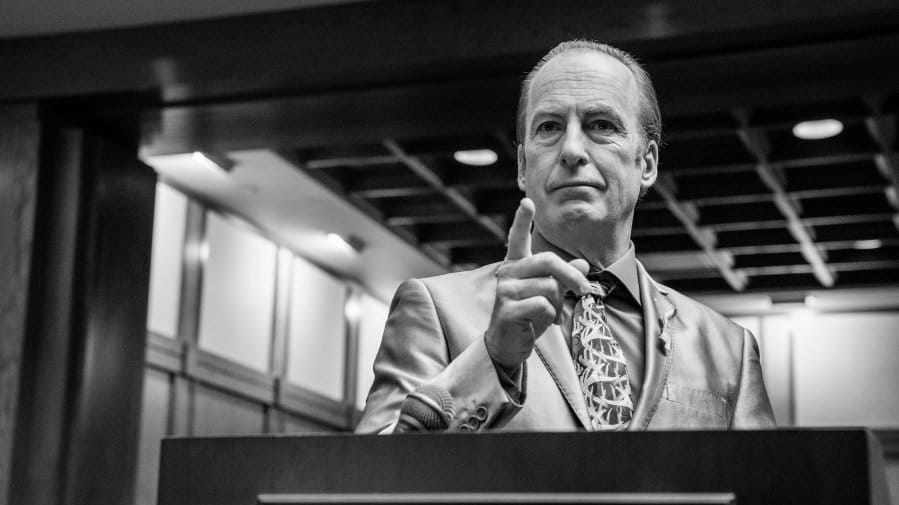Crafting a compelling series finale is a daunting task for writers, as it aims to provide a satisfying conclusion to stories that have unfolded over many episodes or seasons. Various elements contribute to a successful finale, ensuring that it resonates with both the narrative established and the audience's emotional investment. This report synthesizes insights from numerous sources to highlight the key components that make a series finale successful.
Closure and Resolution
One of the most critical aspects of any series finale is providing closure. Viewers should feel that the primary arcs are concluded, even if not every subplot is wrapped up neatly. A successful finale often ties up the central themes and character journeys established throughout the series while also delivering emotional satisfaction. According to NoFilmSchool, 'endings are a lot like beginnings. We need to know where the characters are in their final stages and their arc'[3]. An effective finale reflects on the journey that both characters and viewers have taken together, often resembling the show's beginning but offering a matured perspective.
Character Development

Character arcs must also find resolution in the finale. The audience has invested time in seeing characters evolve, and the finale should affirm these developments. For example, in 'Breaking Bad,' the character of Walter White achieves a poignant, climactic conclusion where he both inflicts his will and finally recognizes the consequences of his actions as he dies in the place he built—his meth lab[1][10]. This completion of character arcs emphasizes the importance of character-driven storytelling.
Thematic Consistency

A successful finale remains true to the series' established themes and tone. The essence of what made the show compelling should manifest in the finale. This is evident in 'The Wire,' where the ending portrays the enduring struggles of Baltimore, bringing focus back to the city as the character’s journeys reflect the larger systemic issues at play[1]. Similarly, 'Succession,' while exploring personal family dynamics, ultimately highlights the broader implications of wealth and power on society, underscoring that the issues faced by the characters resonate on a global scale[2][6].
Furthermore, as noted in various sources, the finale should encapsulate the narrative and emotional core maintained throughout the series, resulting in a concluding episode that feels both surprising and inevitable, as seen in 'Succession'[8].
Emotional Resonance

Audiences crave an emotional reward from the finale—this could come in the form of bittersweet resolutions, laugh-out-loud moments, or heart-wrenching goodbyes that encapsulate the viewer's journey with the characters. Sources emphasize that a finale should emotionally engage viewers, thereby creating a 'satisfying sense of closure'[3][7]. In 'BoJack Horseman,' for instance, the final episodes focus on repairing relationships, embodying a hopeful perspective despite the show's broader themes of depression and despair[1][10].
Balancing Expectations

Managing audience expectations plays a crucial role in ensuring satisfaction with the finale. The pressure to meet fan theories and longstanding expectations can create tension between what audiences want and what the narrative logically implies. Viewers often grapple with feelings of disappointment when finales diverge significantly from expected outcomes or when they fail to acknowledge central themes. Consequently, successful finales navigate these expectations while remaining faithful to the story's essence. The 'Game of Thrones' finale serves as a case in point, where some viewers felt let down due to inconsistencies in character behavior and pacing, leading to widespread debate over its effectiveness[3][4].
Circular Narratives

Many effective series finales utilize circular storytelling, returning to motifs or scenes from the pilot episode while reflecting on the characters' growth throughout the series. This method not only provides a sense of closure but also reinforces the themes that have been prevalent from the series' inception. As noted, 'Parks and Recreation' successfully incorporates this by revisiting characters' journeys, allowing audiences to see how far each figure has come[3]. 'The Good Place' adopts a similar structure, where the finale achieves redemption aligned with its central premise of personal growth and moral philosophy, thus bringing everything full circle[1][10].
Humor and Lightness
While many finales carry heavy themes, incorporating humor can create a balanced experience that resonates with viewers. Often, comedic elements, intertwined with genuine sentiment, allow audiences to engage deeply with the final moments, highlighting the quirky nature of the show while still honoring its serious themes. As seen in successful sitcoms and comedies, this balance can enhance the emotional impact without becoming overwhelmingly somber.
Conclusion
Creating a successful series finale is an intricate art that requires balancing resolution, thematic consistency, character development, emotional resonance, and audience expectations. The best finales leave a lasting impression that resonates with viewers long after the credits roll. They encapsulate the essence of the entire series, providing closure while still acknowledging the complexities of the stories told. As viewers reflect on their relationships with these stories and characters, a well-executed finale contributes to the larger narrative tapestry of television as a medium that captures the human experience.
Get more accurate answers with Super Pandi, upload files, personalized discovery feed, save searches and contribute to the PandiPedia.
Let's look at alternatives:
- Modify the query.
- Start a new thread.
- Remove sources (if manually added).